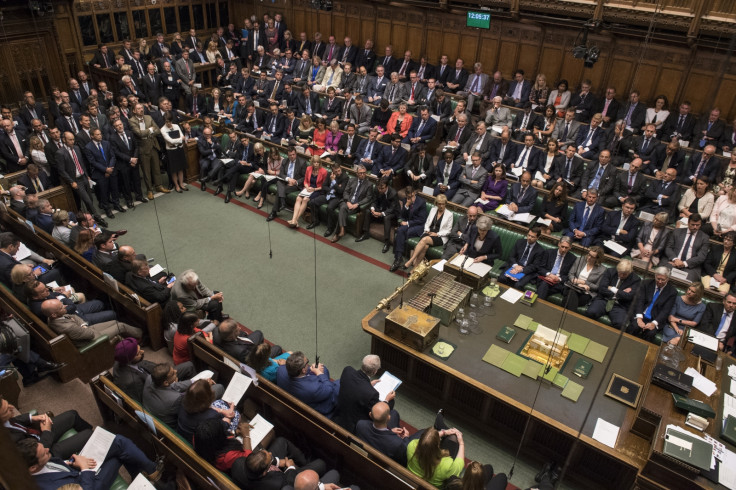UK parliament to debate replacing first-past-the-post with proportional representation
Some parties have picked up millions of votes in recent elections, but almost no MPs.
MPs are set to debate the future of Britain's voting system following a second hung parliament in less than a decade. On Monday 30 October, MPs from across the House of Commons will discuss whether the country should consider changing to a proportional voting system after a petition in favour of reform secured tens of thousands of signatures.
Under the current first-past-the-post voting system, MPs are elected based who whoever receives the most votes in each constituency seat. However, a large numbers of votes for smaller parties across the country can sometimes result in no MPs because they are spread out, and in some constituencies, MPs are voted in despite a majority of voters backing other candidates.
The first-past-the-post system is designed to deliver parliamentary majorities, allowing a single party a strong basis on which to govern. But in the 2010 and 2016 elections, no overall majority was produced for the winning party, the Conservatives. Moreover, a growing number of votes for the SNP, Liberal Democrats, Greens, and Ukip have meant that some parties missed out on gaining MPs despite increasing support.
At the 2017 general election, the Conservatives picked up 13.6 million votes and 318 seats, whereas the Liberal Democrats picked up 2.3 million votes and just 12 seats in the Commons. Combined, the Greens and Ukip collected more than 1.1 million votes but won just a single MP between them.
Under a proportional system, of which there are many types, including the systems used by the London mayoral contests and European elections, parties such as the Greens, Ukip and the Liberal Democrats would see an increased chance of picking up seats.
And now, after a petition in support of proportional representation reached more than 100,000 signatures, MPs in the Commons are poised to discuss the future of Britain's voting system.
Darren Hughes, chief executive of the campaign group the Electoral Reform Society, said: "After the third election in a row which failed to produce a decisive result, it's welcome news that electoral reform is back on the agenda. First-past-the-post is failing on its own terms –and June was its third strike.
"First Past the Post, far from being 'strong and stable', is a recipe for volatility and random results"
"The arguments for fair votes are stronger than ever. Millions of votes were thrown on the electoral scrapheap in June's election: 68% of ballots had no impact on the result. That's 22 million votes going to waste.
"First-past-the-post, far from being 'strong and stable', is a recipe for volatility and random results. Just 0.0016% of voters choosing differently would have given the Conservatives a majority, while the election saw a rise in very marginal seats: eleven seats were won by fewer than 100 votes."
The government responded to the petition demands stating that 2011's referendum on altering the voting system showed that the country was in no mood for change.
The Lib Dems pushed their then coalition partners for a referendum to change the system from first-past-the-post to AV (Alternative Vote), but 13 million Britons voted to keep the current format compared to the 6 million who backed reform.
A spokesperson from the Cabinet Office said: "The government is concerned that proportional voting systems would weaken the direct constituency link which is a key feature of our parliamentary system, and under a proportional system the voting process is more complicated for the voter."























